Unfortunately, one subject that is not taught at law school is “cultural competency”. Like any other professional industry, lawyers communicate with both colleagues and clients who are from different culturally and linguistically diverse backgrounds.
It is important that we recognise the nuances of each cultural background and how it shapes one’s mannerisms and responses.
What issues arise in legal practice?
In many cultures it is considered impolite or ungrateful to complain. We often see claims being rejected where there has been a delay in reporting the injury or where there are inconsistent histories noted by doctors. It is our role as lawyers to question whether there is a plausible explanation for the inconsistencies and this is often revealed to be a reluctance to report an injury or claim compensation. Sometimes the information you are searching for comes down to understanding your client’s background and language barriers.
Coming from a Sri Lankan background, I understand that it is common for many Sri Lankans to be stoic. It means that when I speak to clients from Sri Lankan backgrounds, I am mindful that I may need to ask more questions for them to fully express their circumstances.
What can lawyers do to equip themselves?
It is not as simple as having an interpreter present when speaking to someone from a non-English speaking background.
These are three ways that lawyers can show “cultural competency”:
- Education–Informing ourselves is a powerful tool that as lawyers we can use to have cultural awareness. Recently, I was joyed to see the many posts on social media by colleagues regarding Ramadan and how they best feel supported. The legal profession should consider having mandatory training in cultural awareness. It would help us better understand how we can help those from different ethnic backgrounds. Victoria Police officers undergo cross-cultural training and it undoubtedly allows them to better serve the community.
- Show respect and empathy – Whilst we may not know everything about a person’s culture or background, displaying respect can go a long way in building trust. This can be as simple as speaking to the client in a manner that they can understand. In many WorkCover cases, our clients have not been treated fairly at work. Being treated with dignity and respect is unfortunately a new experience for many, and seeing that it is possible should form the foundation of a trusting relationship.
- Eliminate biased views– Having preconceived opinions that are prejudicial is certainly not conducive to the pursuit of justice. Sadly, some people carry these implicit biases and they may not even be aware of it. Racism in any shape or form should not go unanswered.
At Maxiom, we are fortunate to work at a firm that embraces cultural diversity and understands cultural sensitivities. We recently discussed cultural diversity on Harmony Day and it was inspiring to see how each person in our team had something to contribute to the conversation. This is an ongoing conversation and we all have a role to play in being more culturally aware and sensitive. Educating ourselves is the key.
If you are at all concerned about contacting a lawyer about your injury claim, do not hesitate to call Maxiom Injury Lawyers. 1800 853 085.











